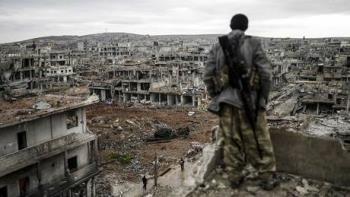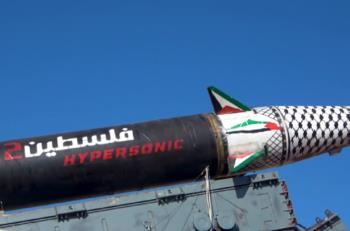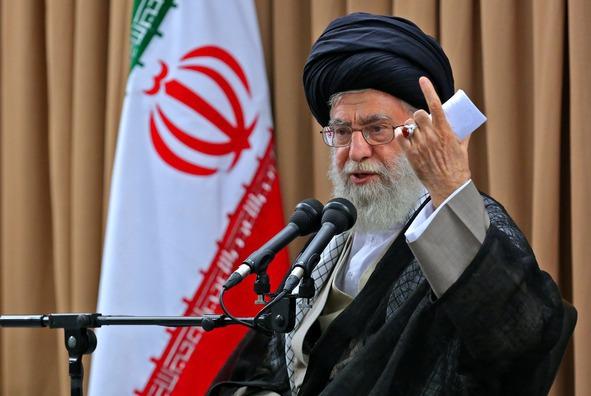Alwaght-Following a stern warning by Iran's Islamic Revolution Leader that Tehran will set fire to the nuclear agreement if Washington decides to tear it down, the White House is urging the presidential candidates to back down from hardline positions and implement the deal if elected.
Speaking on Tuesday in Tehran, Leader of the Islamic Revolution Ayatollah Seyyed Ali Khamenei pointed to the threats by some US presidential hopefuls to scrap last year’s nuclear agreement, known as the Joint Comprehensive Plan of Action (JCPOA), between Iran and the P5+1 group of countries, saying the Islamic Republic will strongly respond to any such move.
“We will not violate the JCPOA, but if the opposite side violates it - as US presidential candidates are currently threatening to tear up the JCPOA - if they tear up the JCPOA, we will burn it,” the Leader stated.
Ayatollah Khamenei said the US has so far failed to fulfill a major part of its obligations under the JCPOA but Iran has abided by its commitments such as regarding its 20 percent uranium enrichment as well as Fordow and Arak nuclear facilities.
“Under the JCPOA, the other side was duty-bound to lift the sanctions which it has not done. The banking issues have not been solved. The issue of the insurance of oil tankers is implemented at a limited level,” the Leader said.
Following those remarks by Iran's Leader, a senior White House official warns the next US president would precipitate a crisis in the West Asia region and alienate America’s allies if he or she decides to tear up the nuclear deal with Iran.
“The way in which the Iran deal was structured creates enormous disincentives for an incoming president to tear it up,” said Ben Rhodes, deputy national security advisor for strategic communications.
Rhodes’ comments, at the Atlantic Council on June 16, came in response to a question on Donald Trump’s position on the deal. The Republican Party’s presumptive presidential nominee has said that if elected president his “number one priority is to dismantle the disastrous deal with Iran.”
While he did not name Trump, Rhodes said that it would be “counter not just to US interests, but counter to the whole concept of how one initiates a presidency to decide that one of the very first things that I am going to do is precipitate a crisis in the Middle East (West Asia) that leads to potential nuclear proliferation.”
“It just doesn’t seem like a very wise thing to do,” he added.
Hillary Rodham Clinton, the Democratic Party’s presumptive presidential nominee, supports the deal, but said her approach would be “distrust and verify.”
Iran and the five permanent members of the UN Security Council – the United States, France, Britain, China and Russia – plus Germany started implementing the JCPOA on January 16.
Under the deal, all nuclear-related sanctions imposed on Iran by the European Union, the Security Council and the US would be lifted. Iran has, in return, put some limitations on its nuclear activities.
However, many large European banks still refrain from engaging in transactions with Iran for fear of US penalties.
In a report released on May 27, the International Atomic Energy Agency (IAEA), the United Nations’ nuclear watchdog, concluded that Iran is fully complying with the terms of the nuclear agreement.
Meanwhile, Iran’s Foreign Minister Mohammad Javad Zarif and US Secretary of State John Kerry have met to discuss the implementation of last year's nuclear accord and obligations in its implementation.
The 70-minute closed-door talks in a downtown Oslo hotel on Wednesday touched on Iran's complaints that it's not getting the sanctions relief it deserves under the agreement.
The meeting came just a day after Leader of the Islamic Revolution Ayatollah Seyyed Ali Khamenei stated again that the US is not living up to its commitment to ease sanctions under the agreement.
"The two discussed progress on the continuing implementation of the (nuclear deal), including issues related to banking and relief of nuclear-related sanctions," the State Department said in a brief statement.
Zarif said "psychological remnants" of the previous sanctions regime are preventing European and Asian banks from conducting business with Iran.
The minister said the US must show seriousness in encouraging banks to do business with Iran following the lifting of sanctions.



























